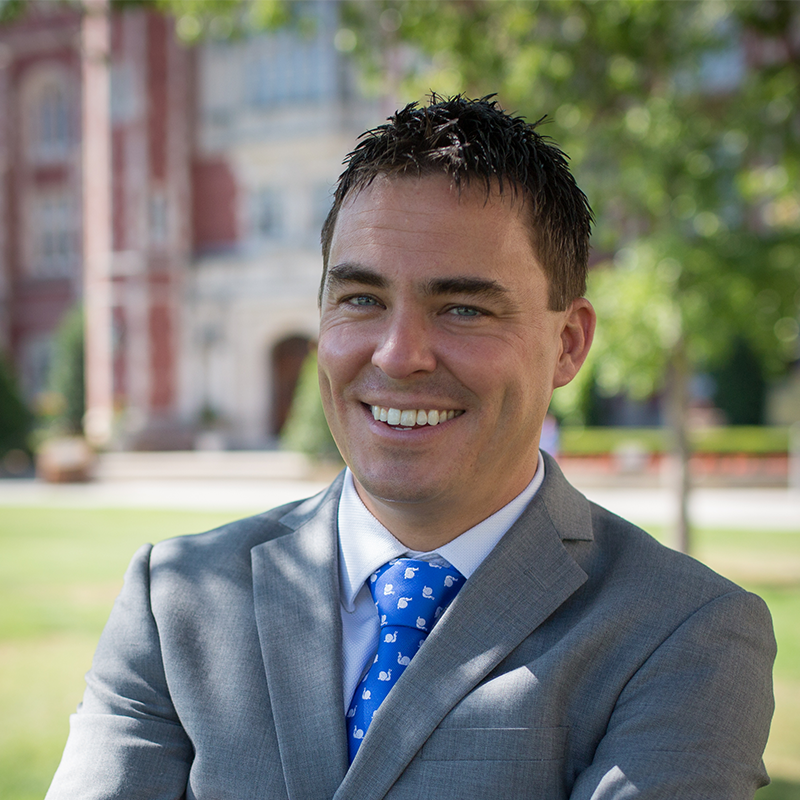Harper is among a select group of 28 distinguished scholars and writers selected to receive this prestigious award, which provides philanthropic support for scholarship in the humanities and social sciences that addresses important and enduring issues confronting our society.
“We are extremely proud of Dr. Kyle Harper on being named an Andrew Carnegie Fellow,” said OU President Joseph Harroz Jr. “A prolific writer and acclaimed historian, Dr. Harper’s groundbreaking scholarship draws from multiple disciplines to examine the progress of humanity and bridging its relevance to today. His selection as a Carnegie Fellow is a clear testament to his research ability and its broad impact.”
An internationally renowned historian, Harper is the G.T. and Libby Blankenship Chair in the History of Liberty at the university. His work brings the natural sciences into the study of the human past in order to deepen our understanding of the relationship between human societies and the environment.
He is the author of four books, including several titles related to religion and Christianity in the Ancient Greek and Roman worlds. His book, The Fate of Rome: Climate, Disease, and the End of an Empire, has been translated into 12 languages and is the first book to examine the catastrophic role that climate change and infectious diseases played in the collapse of Rome’s power.
Most recently, he published Plagues upon the Earth: Disease and the Course of Human History, which presents a global history of the role of infectious disease in human history, spanning from human origins to COVID-19. Drawing from a range of disciplines, including the natural sciences, it tells the story of humanity’s long and distinctive struggle with pathogenic microbes and received a PROSE Award for best book in the history of science, medicine and technology category.
Through the Andrew Carnegie Fellowship, Harper will study the history of the relationship between humans and other animals, covering the Ice Age to the Sixth Extinction. His project will highlight the ways humanity’s success intimately depends upon other animals and traces the deep roots of the current biodiversity crisis.
Harper has held fellowships from the John Simon Guggenheim Memorial Foundation and Dumbarton Oaks. He earned a bachelor of arts from the University of Oklahoma, and he also graduated from Harvard University with his master’s and his Ph.D. in history. He is Provost Emeritus at OU, having served as the Senior Vice President of the Norman campus from 2014-2020.
Andrew Carnegie Fellows are selected by a distinguished panel of jurors comprised of scholars and academic intellectual leaders from some of the nation’s most prominent educational institutions, foundations and scholarly societies. The criteria prioritize the originality and potential impact of a proposal, as well as a scholar’s capacity to communicate the findings to a broad audience.
About the University of Oklahoma
Founded in 1890, the University of Oklahoma is a public research university located in Norman, Oklahoma. OU serves the educational, cultural, economic and health care needs of the state, region and nation. For more information visit www.ou.edu.



